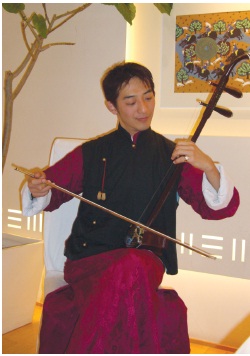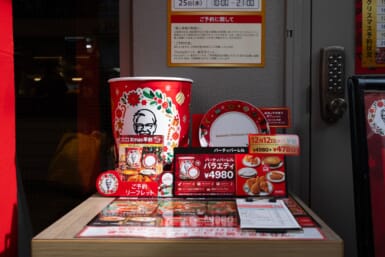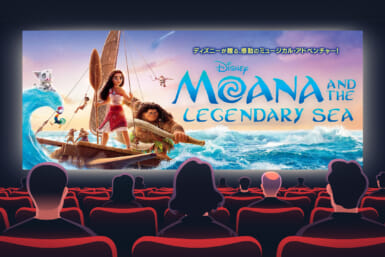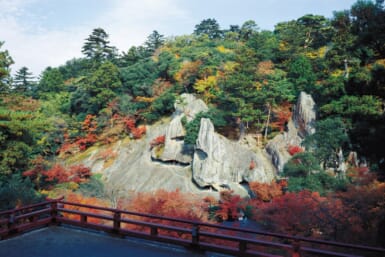Hajime Anzai studied at Kanda University and now performs
for private parties including weddings and is the
secretary of Japan Erhu Promotion Association. Hajime is
available for questions and lessons (both in Japanese and
English): [email protected].
by Ben Meehan
Can you tell us about the musical instrument you play?
I play the erhu, which years ago in Japan was referred to as the “Chinese violin” and is now referred to as the niko. It is a two-stringed instrument played with a bow, similar to the violin. The major differences are that the erhu is vertical and the bow’s strings are intertwined with the strings of the instrument so the bow is attached. The strings are A and D and length is similar to the viola.
Please explain the difference between Chinese and Japanese traditional music.
It is difficult to compare different cultures. But Chinese music has the influences of many various minority groups in China with very different backgrounds. Some Chinese songs are even influenced by Islamic culture. So Chinese music has many variations. Also a difference in sound is that Chinese music reflects the sound of the major scale whereas the sound of Japanese music is of the minor scale.
What attracted you to Chinese music?
I was born in 1972 the year of Japan and Chinese reestablished national relations after WWII. And when I was an elementary student, I heard Chinese music for the fi rst time when I, by chance, saw a TV show about a Chinese orchestra that came to Japan to help build friendship between the two countries. I was fascinated! But, of course, I didn’t know a lot about it at that time. In 1990 in university I joined the foreign language department majoring in Chinese languages. One of my Chinese teachers helped me to find a Chinese music teacher.
Describe your experiences in China and abroad as a non-Chinese person performing traditional Chinese music.
I have visited Beijing, Shanghai very often. I also visited Guangzhou, Fuzhou, Quanzhou, Suzhou, Xian as well as Hong Kong and Taiwan. I also visited Chinese communities in other places. I find that because I speak Mandarin and Cantonese, people are very accepting and interested in my music. And I find that young people everywhere are very interested in other cultures and enjoy meeting people from all over the world. In general, young people don’t care about the differences. I also had a great experience living in China in Tanggu, near Tianjin, for a year with a company. Outside of music, Chinese people are very interested in how I use kanji and the differences in different kanji symbol’s Chinese and Japanese interpretation. I always laugh and apologize for the changed meanings explaining that we Japanese borrowed kanji over a 1000 years ago—without paying for copyright privileges, I add!
Chinese Music in Japan Today
There are many Chinese professional musicians performing concerts in Japan although information in English can be difficult to find. Some Chinese instruments common in Japan are: erhu (niko or Chinese violin), yangqin (youkin or Chinese hummer dulcimer), pipa (biwa or 4-stringed instrument), dizi (teki or Chinese flute).









_KRAACH-クリスタルバスソルト-385x257.jpg)